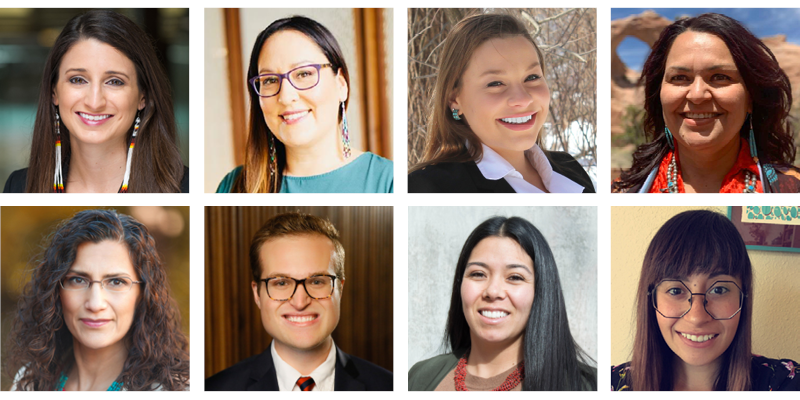DEPARTMENT OF HOMELAND SECURITY – Customs and Border Protection – Office of Chief Counsel
Salary: $65,190.00 – $142,732.00
Closing date: 2/11/2021
Position Summary:
As our nation navigates the COVID-19 pandemic, CBP is committed to delivering our mission to safeguard America’s borders and enable legitimate trade and travel. Staffing mission critical positions remains a high priority. Be reassured that CBP is still hiring, despite potential hiring process step delays due to restrictions to in-person activities.
Qualifications:
- Applicant must be a graduate from a full course of study in a School of Law accredited by the American Bar Association and be an active member in good standing of the bar of a state, territory of the United States, the District of Columbia or the Commonwealth of Puerto Rico.
- Specialized Education: Recent law school graduates may be appointed to attorney positions at the GS-11 level with the following additional qualifications: rank in the top 1/3 of graduating class; participation on the school’s official Law Review; membership in the Order of the Coif; or winning of a moot court competition.
- An interim appointment of 14 months may be made pending the selectee’s admission to the bar.
- Selectee will be required to provide admittance and standing to the Bar and must provide a copy of their official law school transcript.
- Experience refers to paid and unpaid experience, including volunteer work done through National Service programs (e.g., Peace Corps, AmeriCorps) and other organizations (e.g., professional; philanthropic; religious; spiritual; community, student, social).
Responsibilities:
- Providing legal advice to, and legal representation of, Customs and Border Protection (CBP’s) National Finance Center, Revenue Division, Procurement Division, Facilities Management & Engineering Division, Environmental and Energy Division (Office of Enterprise Services), Office of Trade, Office of Field Operations, and other CBP offices throughout the United States;
- Performing legal research into laws, regulations, decisions and other precedents bearing on legal issues involving CBP, particularly in the areas of federal appropriations, bankruptcy, collections (primarily customs duties, liquidated damages, fees and charges), contract, construction, employment, environmental, international trade, real property and tort law;
- Assisting the Department of Justice in civil action involving CBP by preparing litigation reports, affidavits, and other pleading, and participating in discovery, motion drafting, settlement discussions, and providing litigation support in a variety of matters such as complex trade cases generally involving the collection of revenue, actions brought under federal statutes such as the False Claims Act, procurement disputes filed in federal courts, and condemnation actions; and also representing CBP in various third party administrative hearings involving matters such as employee discipline and adverse actions, arbitrations, EEO discrimination complaints, Merit Systems Principles Board (MSPB) appeals, contract and travel/relocation disputes before the Civilian Board of Contract Appeals, and employee overpayment hearings; and
- Advocating for claims filed on behalf of the Government and provides legal opinions and advice concerning resolution of claims against the government arising out of CBP operations.
- Travel Required Occasional travel – You may be expected to travel for this position.
See full job announcement and application details: https://www.usajobs.gov/GetJob/PrintPreview/590767100


